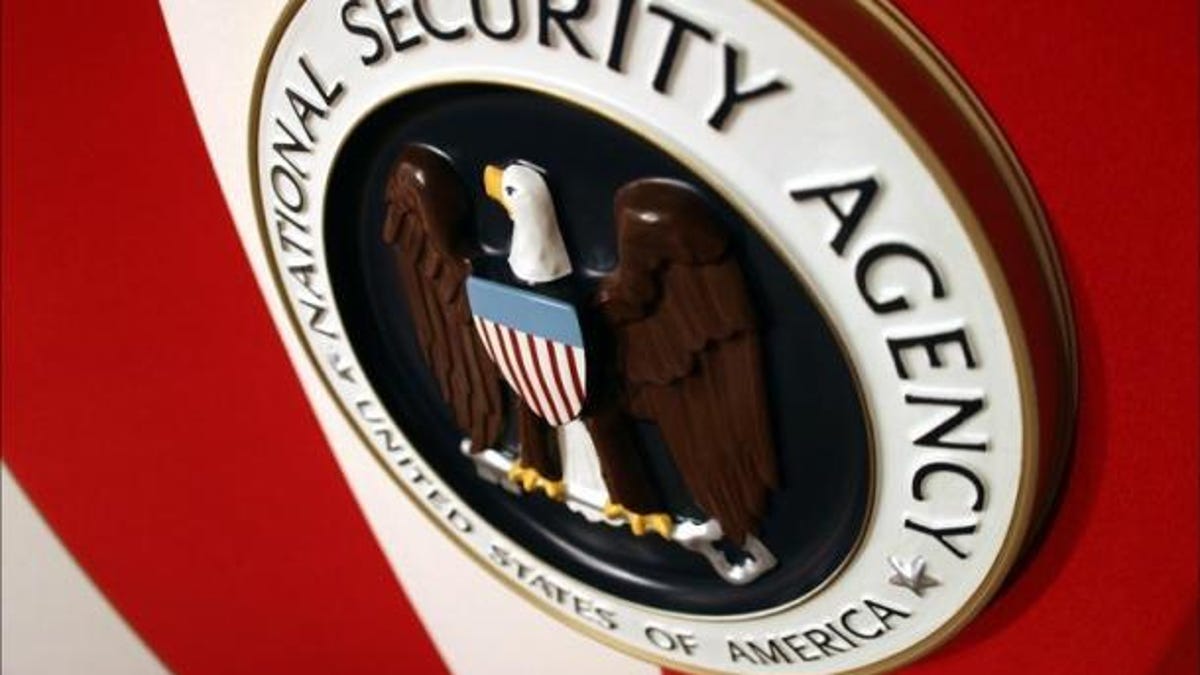NSA collected 151M phone records in 2016, despite law change
A government report finds the agency is still collecting vast amounts of information under the new system.

The NSA collected more than 151 million phone records on Americans in 2016, despite having court orders for 42 terrorism suspects.
The National Security Agency collected more than 151 million records about Americans' phone calls in 2016, despite a new system created by Congress to curb the agency's ability to collect bulk phone records, a new report revealed Tuesday.
The report, issued by the Office of the Director of National Intelligence, offered the first evaluation of the effects of the USA Freedom Act of 2015, legislation designed to curtail the federal government's sweeping surveillance of millions of Americans' phone records. The report found that the agency still collected vast amounts of records under the new system, despite having court orders to use the system on only 42 terrorism suspects in 2016.
Under a controversial national security policy put in place by the Patriot Act after the September 11, 2001, terrorist attacks, the NSA has been collecting large amounts of metadata, the digital information that accompanies electronic communications. That information included what phone numbers were on the call, when the call was placed and how long it lasted, which was then saved in a database.
Already heated debate over the programs authorized by the Patriot Act intensified in 2013 after former NSA contractor Edward Snowden leaked documents detailing the ways in which the secretive US government agency was collecting data. The new system required federal agencies to seek a court order on a case-by-case basis to obtain call data from telephone companies.
The report emerges as Congress prepares to decide whether to reauthorize Section 702 of the Foreign Intelligence Surveillance Amendments Act, upon which the warrantless surveillance program is based. The law, set to expire at the end of the year, allows federal agencies to collect information on Americans as long as the target of the collection is a foreigner who happens to be communicating with someone in the US.
The NSA said the large number of records can be attributed in part to duplication. A single call would be counted as two records because they were submitted separately by the two companies handling the call.
The report said the FBI on one occasion in 2016 reviewed information about an American the NSA had collected under the surveillance program. However, the report didn't indicate how often the FBI searched for information about Americans within the program while investigating foreign intelligence cases.
The report was published just days after the NSA said Friday it had stopped the warrantless collection of Americans' emails and texts that mentioned a foreign intelligence target in their messages. The decision to halt the once-secret form of wiretapping was seen as a victory for privacy advocates long critical of the practice.
Virtual reality 101: CNET tells you everything you need to know about what
VR
is and how it'll affect your life.
Solving for XX: The industry seeks to overcome outdated ideas about "women in tech."

